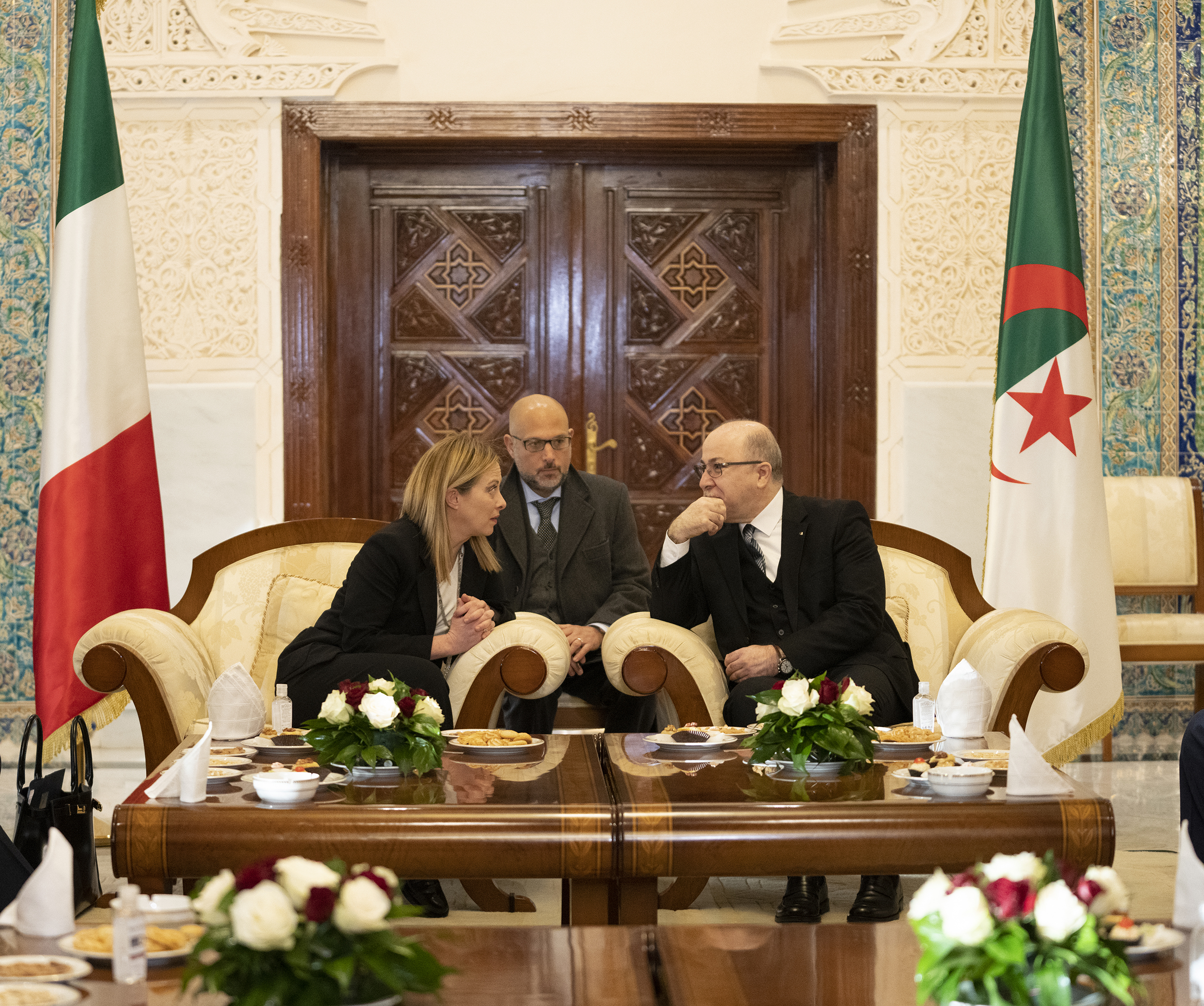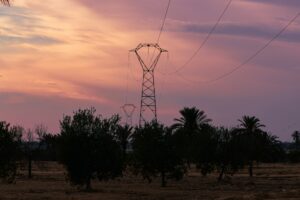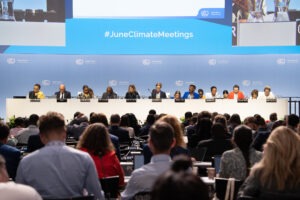Italian President Giorgia Meloni’s visit to Algeria comes after a disruptive year for gas markets shaped by extreme price spikes and Europe’s decoupling from Russian supplies.
Two major questions arose: how to manage security of gas supplies without Russia and the impact of high gas prices on businesses, households and public spending.
Data from the Italian Finance Ministry show import gas prices rose by 111% in the summer. This fuelled the increase in production prices (+42% in September) as well as consumer inflation, which peaked at 12.6%. The new Government was forced to use most of the public budget available for 2023, or €21.6 billion, to counter the gas price crisis. This goes on top of €62.6 billion spent for the cost-of-living crisis in 2021 and 2022, of which only less than half (46% in 2022) were targeted for the most vulnerable citizens and businesses.
Italy’s high dependence on gas imports and exposure to price volatility have generated deep economic instability and have significantly limited the Government’s spending autonomy. Consequently, the faster we reduce our dependence on gas, the more secure and resilient we become against economic shocks, external blackmailing as well as worsening climate shocks. Rapidly decreasing the use of fossil fuels is the most decisive action we need to respond effectively and sustainably to multiple crises.
But how can we secure in the short term enough gas supplies without new production and gas infrastructure, which science and analysts say are incompatible with 1.5°C?
During 2022, Italian companies and citizens reduced gas demand by 9%, saving around 7 bcm equivalent to a quarter of Russian imports. Europe did even better on average, with a 12% cut in consumption, according to Bruegel. This virtuous path of gas reduction must now accelerate in line with RepowerEU, which would reduce European gas demand by up to 40% in 2030.
To do this, we need to set clear priorities on both the domestic and external fronts. At the national level, Italy needs to turn the savings achieved in 2022 into structural cuts; increase the speed of renewables deployment in line with the 12 GW goal per year endorsed by the new Energy Minister Pichetto; but above all Italy must increase its energy efficiency deployment rate in buildings and industry in line with the new European targets.
According to our projections, these actions can replace 80% of Russian gas in the next two years. The upcoming revision of the National Integrated Energy and Climate Plan, the first draft of which is expected in June, should entail specific sectoral targets, define the enabling policies and adopt a monitoring system.
Additional non-Russian gas would come from increased imports from the spared capacity in existing LNG terminals and pipelines, without the need for new domestic gas production or new gas infrastructure.
This is where increased Algerian gas imports matter, however only for a limited period of time given the rapid decline in gas demand in Italy and Europe. How can then Algeria increase exports without new production?
Firstly, the existing pipeline connecting Algeria to Italy, via Tunisia, has enough unused capacity to deliver the contracted additional flows of 9 bcm agreed under the Draghi Government.
Secondly, Algeria has a huge potential for recovering “gas flaring” – the wasted gas from processing sites and fields which otherwise ends up in the atmosphere – of more than 13 bcm. This is equivalent to 23% of additional non-Russian supply foreseen by RepowerEU. Also, if the share of solar and wind electricity increased by 15% in one year through 14 GW of new capacity, an additional 3 bcm would be freed up for export. These investments would allow Algeria to increase its gas exports while meeting Italy’s supply needs without expanding the fossil fuels sector. Ultimately, this would become a pillar of an economic diversification strategy that is as vital for Algeria’s future as it is for the stability of the Mediterranean region and European security.
Breaking free from the logic of the need for new exploration and production of fossil fuels, as well as related transport infrastructure – even when declared hydrogen-ready which is yet to be proven – is the only way to build a safer future for all.
Italy, together with its partners in the Mediterranean region, has the great potential to become a global green industrial and energy hub between Europe, Africa and Asia. These should be the pillars of the new “Mattei Plan for Africa” so dear to President Meloni. A plan that looks to the future rather than the past.







